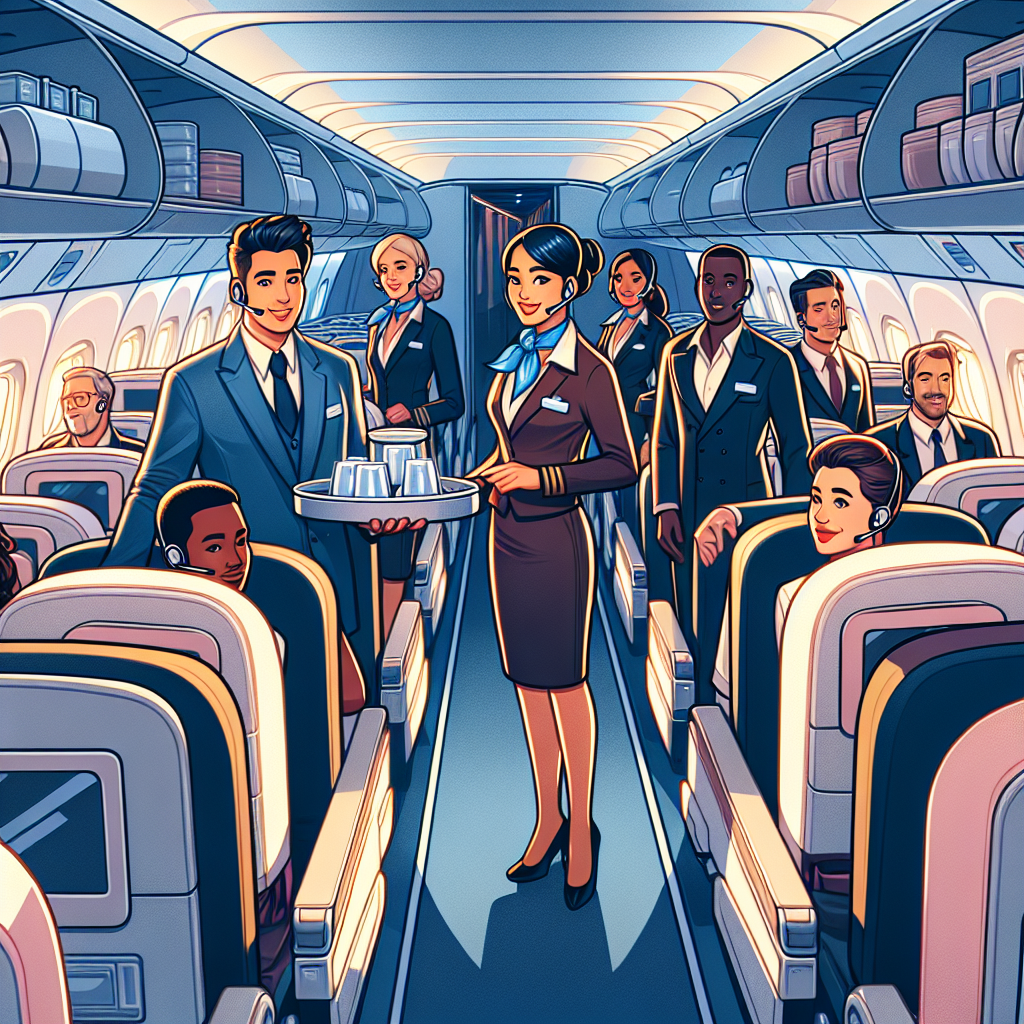Air Canada Strike Resolution: Government Steps In with Binding Arbitration
The Canadian government intervened to end a strike by Air Canada's cabin crews through binding arbitration. The strike had disrupted flights, affecting thousands of passengers. The government's decision faced criticism from the union, which preferred a negotiated settlement. Businesses supported the intervention to mitigate economic impacts.

The Canadian government on Saturday intervened decisively to halt a strike by Air Canada's cabin crews. The administration imposed binding arbitration to resolve the contract standoff, a measure advocated by the airline but opposed by the flight attendants' union. The strike erupted after prolonged negotiations hit an impasse, leading to widespread flight cancellations.
Jobs Minister Patty Hajdu emphasized the serious economic consequences of the industrial action, stating that the decision was unavoidable. The strike, which saw nearly all 700 daily flights cancelled, affected over 100,000 travelers. Union representatives criticized the government's move, accusing it of rewarding the airline's perceived intransigence in negotiations.
Businesses, meanwhile, pushed for a swift resolution to minimize economic disruption, as many were already dealing with challenges posed by a trade dispute with the U.S. Air Canada had offered wage increases deemed insufficient by the union, but the contentious issue lay in compensating ground duties, where flight attendants demanded parity with other carriers.










